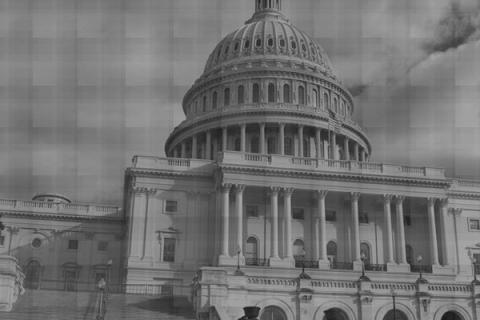
As the fiscal cliff looms, one of the biggest topics of debate is the Bush-era tax cuts that are set to expire at the end of the year. Many Republicans want a full extension of the cuts, but President Barack Obama said on Wednesday that he will not extend them for top income earners.
The president stated:
"What I'm not going to do is to extend further a tax cut for folks who don't need it, which would cost close to a trillion dollars and it's very difficult to see how you make up that trillion dollars, if we're serious about deficit reduction, just by closing loopholes and deductions."
President Obama said he was open to compromise and new ideas during his first press conference since March. However, he also promised that he will not budge on the issue of extending tax breaks for households he believes don't need it. He added that, after his re-election victory last week, his insistence that top income earners pay a little more "shouldn't be a surprise to anybody."
Negotiations are set to begin on Friday in hopes that an agreement between Republican and Democratic lawmakers can be reached. If a deal is not made by the end of the year and the tax cuts are allowed to expire across the board, analysts predict it will negatively affect middle and low income households, some of whom are already struggling in an economy recovering too slowly to keep pace with population growth.
The president has been adamant about preserving tax cuts for lower and middle income earners. During the press conference, Obama urged Congress to act immediately on extending tax breaks for middle and low income households while the debate over tax cuts for the wealthy continue. He argued that lawmakers “should not hold the middle class hostage” in the negotiations.
The White House insists that President Obama is committed on moving forward with his original budget plan, which is the plan he ran on during the campaign. The president wants to raise revenue by $1.6 trillion through the repeal of Bush tax cuts on households earning more than $250,000 a year.
Republicans, however, have argued that the president doesn’t have a real plan. Senate Minority Leader Mitch McConnell argued that saying there needs to be a balanced approach or that people need to pay their fair share is not a plan. He went after Obama on not showing effective leadership by the continued use these “poll-tested talking points.”
The focus of public discourse has been on the fiscal cliff after the election and the government is in a similar position it was in before November 6. Congress is still divided and President Obama is still in the White House, but both sides have promised to work for bipartisan solutions since the election results were projected.
With less than fifty days before automatic federal spending cuts take effect and the Bush-era tax cuts are set to expire for all tax brackets, Americans will have to wait and see if leaders of the two mainstream political parties follow through with promises to find a bipartisan compromise before January 1.
